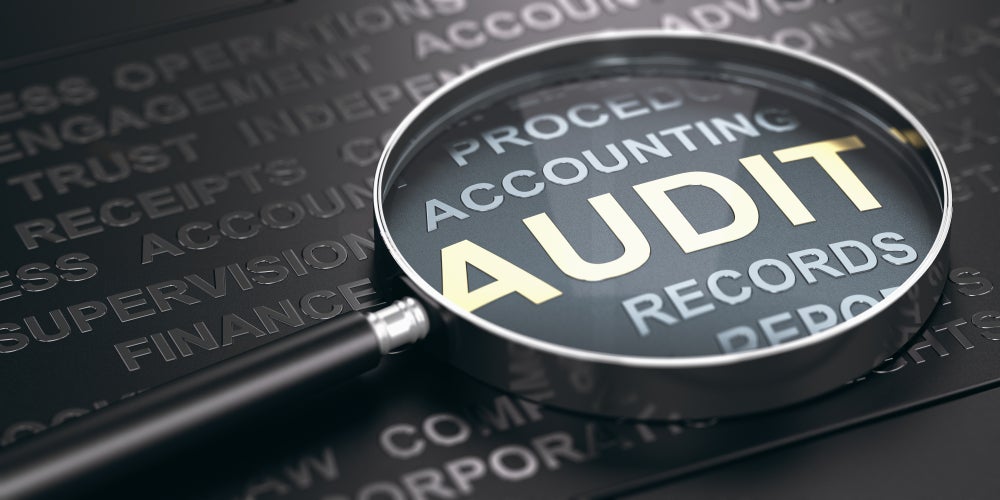Mandatory rotation of auditors was rejected by a majority of panellists at a meeting of the Public Company Accounting Oversight Board (PCAOB) last week, as part of its ongoing consultation on auditor independence.
The consensus comes in the wake of former PCAOB meetings, all of which uncovered widespread opposition to the policy.
Speaking about the feedback PCAOB has received so far on its consultation, board member Jeannette Franzel said there is no "silver bullet" for improving auditor independence, adding that any measure preserving independence should consider costs, benefits and risks of unintended consequences in order to safeguard the protection of investors and the public interest.
However Franzel, together with fellow board member Jay Hanson, reiterated that commenters to the document that spurred the debate, PCAOB’s Concept Release on Auditor Independence and Audit Firm Rotation, were opposed to a compulsory alternation of auditors.
"Most commenters oppose mandatory rotation and express concern that auditor rotation will actually decrease audit quality," Hanson said.
Panellist David Rook, also a partner at US accounting firm Weaver, said audit firm rotation is a concept that will not work if adopted.
How well do you really know your competitors?
Access the most comprehensive Company Profiles on the market, powered by GlobalData. Save hours of research. Gain competitive edge.

Thank you!
Your download email will arrive shortly
Not ready to buy yet? Download a free sample
We are confident about the unique quality of our Company Profiles. However, we want you to make the most beneficial decision for your business, so we offer a free sample that you can download by submitting the below form
By GlobalDataRook maintained that mandatory audit firm is based on two questionable assumptions. First, that a long-term relationship between a company and its audit firm would undermine independence and objectivity. Second, that because of that impairment mandatory audit firm rotation would improve audit quality.
"We have always believed that the danger of a failed audit is greater when the auditor does not fully understand the client’s business than when the auditor is too familiar with the client’s business," Rook explained.
He said there were instead other drivers of audit quality such as strengthening auditing standards, quality control policies and responsibilities of audit committees.
From a shareholder’s perspective, BlackRock managing director Michelle Edkins said she is in favour of a "comply or explain" approach to governance rather than a regulatory one.
"We believe […] the current regulatory framework [is] sufficient to ensure high quality audits. A commitment on the part of all participants […] to continually improve their professional practices should further enhance the integrity of the output," Edkins commented.
Against the majority opinion, the European Commission’s Audit and Credit Rating Agencies head of unit Nathalie Berger argued that mandatory audit rotation presents more advantages that disadvantages.
According to Berger, it reinforces professional scepticism and strengthens the independence of the auditor by mitigating the "familiarity threat" – the term she used to refer to the risks to auditor independence that long-standing relationships between auditors and clients might pose.
Berger said the review of previous work by any new auditor is also a driver of change as the "fear that reputation will be affected, when discovery of an unreported breach is made public, will also enhance audit quality."
Related links
Public Company Accounting Oversight Board






